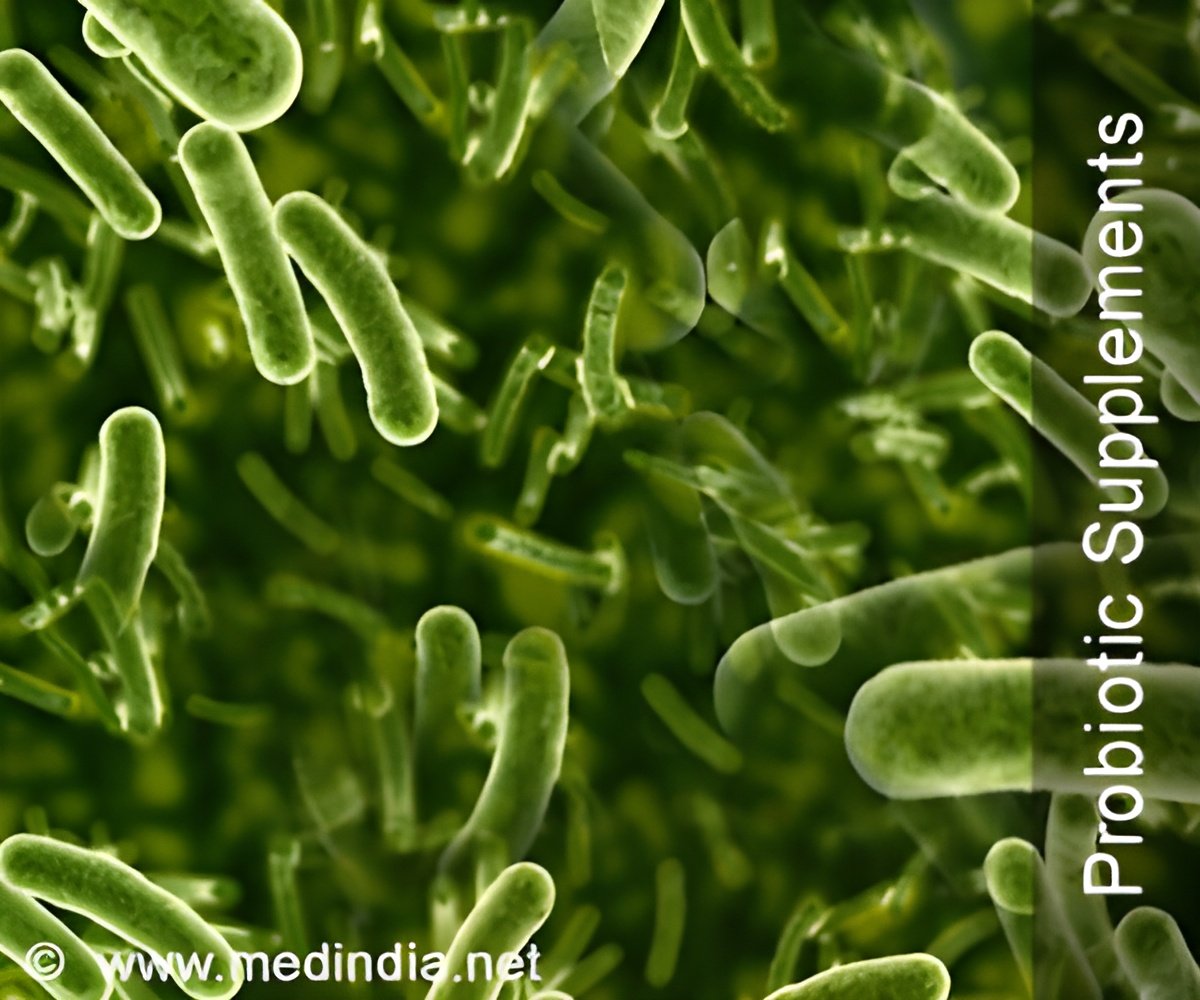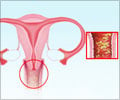A daily probiotic drink changed how cells lining the nasal passages of hay fever sufferers reacted to a single out-of-season challenge, discovers a new study.

A new study, published in the journal PLOS ONE, shows for the first time how these probiotics can interact with cells in our gut to produce systematic changes in cells lining our nasal cavity. Funded by Yakult and the Biotechnology and Biological Sciences Research Council (BBSRC), clinicians and scientists at IFR and the University of East Anglia (UEA) on the Norwich Research Park gave 60 hay fever sufferers daily drinks for 16 weeks, outside of the hay fever season. One group was given a drink containing Lactobacillus casei Shirota, and the other group received very similar drinks without the probiotic.
The study was double-blinded and placebo controlled, so neither the volunteers nor the scientists knew which group was receiving the probiotic. Samples were taken from the volunteers' nasal cavities and blood, both before and after being challenged with pollen to trigger their allergy. This was then repeated at the end of the 16-week intervention. Clinical measurements of the symptoms of hay fever were also recorded.Volunteers who received the probiotic drink saw changes in allergic inflammation in their nasal lining, as well as changes in their blood, that are associated with immune responses. This is strong evidence of how the gut microbiota can influence cells of the gut lining, and have a systematic influence on our bodies and distant cells, such as those lining our nasal passages. But despite this, the probiotic had no detectable effect on the symptoms of hay fever.
Hay fever is a complicated condition to assess, and mimic in a clinical setting. The researchers used a single allergy challenge, applied to the volunteers' nasal passage, to provide a standard, reproducible test to help ensure all the subsequent results are comparable. In the real world hay fever is usually triggered by longer term exposure to the allergen, variable in strength and timing over a period of days or weeks. The IFR researchers are now exploring the possibility of carrying out a seasonal study to investigate whether the changes in the nasal mucosa seen in this single challenge study relate to changes in hay fever symptoms triggered by a more realistic natural exposure to pollen.
Source-Eurekalert















